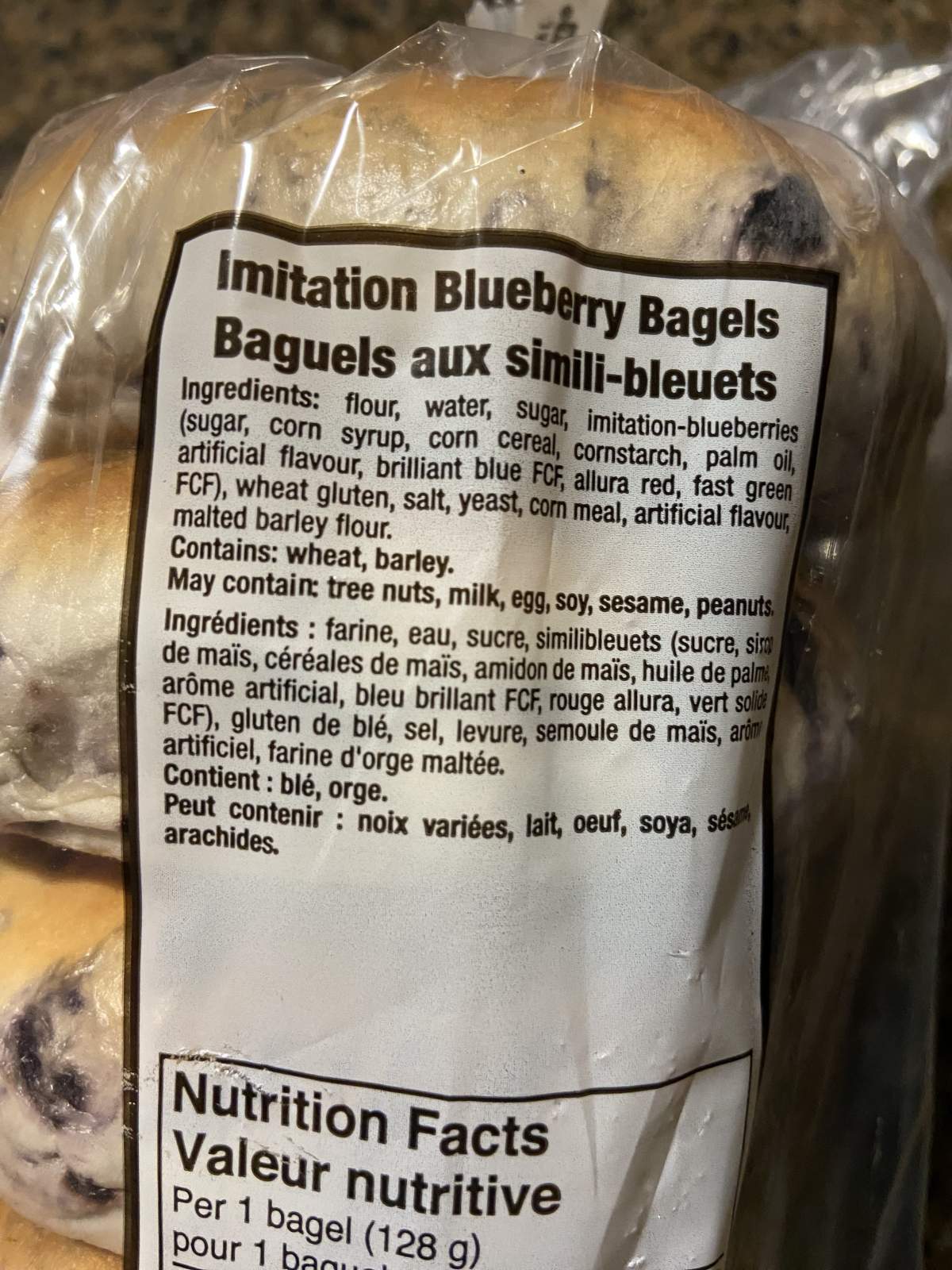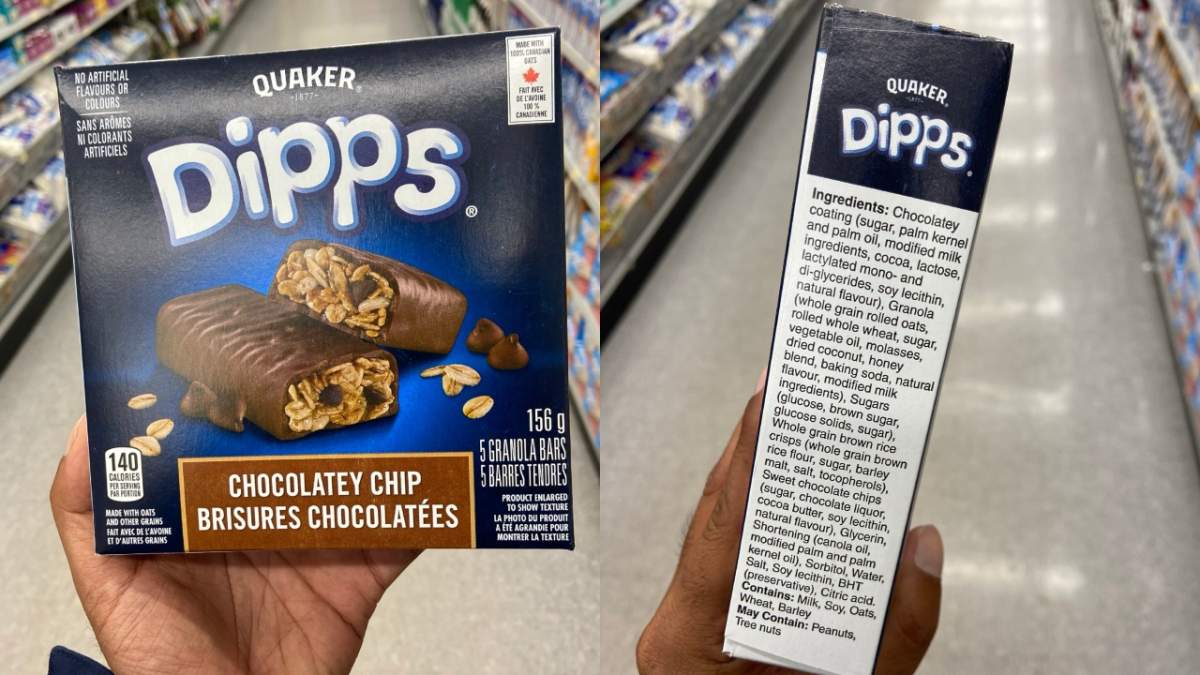On top of food inflation and shrinkflation, consumer analysts are warning customers about the rise of another issue: skimpflation.

“Skimpflation is basically when a manufacturer decides to reformulate a product usually using cheaper ingredients,” consumer watchdog Edgar Dworsky told Global News.
Dworsky has been analyzing food products in the United States and has been posting his research on Consumer World.
He noticed a brand of salad dressing and a margarine that reduced the amount of oil. Both items added water and salt as a supplement.
“What became the primary ingredient? Water! They literally watered down the product!”
Between increasing stock prices, shrinking the product size, or offering less quantity — swapping ingredients is another way for companies to manage costs.
Dworsky blames the climbing costs of raw materials, labour and transportation of goods.
“Manufacturers are pressed because of inflation to cut costs. One way to cut costs is to put less expensive ingredients in a product,” Dworsky said.

He adds there may be more products that could be altered by manufacturers but consumers wouldn’t be aware because it’s difficult to detect.
“We don’t know the recipes. We don’t know the formula,” he said.
A recent example spotted in Edmonton: Costco blueberry bagels that don’t actually contain any blueberries.

Get weekly health news
The ingredients listed included flour, water, sugar and “imitation-blueberries,” which it said was sugar, corn syrup, corn cereal, cornstarch, palm oil, artificial flavour, and three food colourings: brilliant blue FCF, allura red, fast green FCF.
Dalhousie University’s agri-food analytics labs director Sylvain Charlebois said this is a phenomenon that has been ongoing for several years, but a few cases have been caught due to technological advancements.
“It’s more difficult for companies to get away with skimpflation because people will take pictures, will notice things, will report some of these things on social media,” Charlebois explained.

“Unless you take pictures and you have a very good memory, you won’t notice. You won’t see the difference.”
Charlebois also shared another example: with the costs of cocoa continuing to climb, Quaker’s Dipps granola bar brand had swapped milk chocolate to ‘chocolatey coating’ using palm oil and modified milk ingredients.
“Granola bars…often they’re covered by chocolate. They don’t necessarily use chocolate anymore. They use a different version, an artificial version of chocolate.
“It will taste the same, almost the same, but it’s not chocolate at all.”
Shoppers outside an Edmonton grocery store said they will be paying closer attention on their next grocery run, unaware manufacturers could be changing ingredients on the fly.
“It’s concerning, especially when you want to promote people to eat healthy and get out there… and all that’s available at affordable prices is food that’s not healthy for you,” Travis Petersen told Global News.
“It’s important that people read the ingredients of what’s being put in boxes especially when health is such a concern,” Petersen added.
“It’s like they do it very sneakily and nobody notices,” Anika Jansen said.

Charlebois predicts skimpflation cases could increase with a nutrition law coming into effect. According to the federal government, starting Jan. 1, 2026, products will be required to include a label if they contain high levels of sodium, fat, or sugar.
“No one wants to sell a product labelled as having too much sodium, sugar or fat so companies will reformulate their products,” Charlebois said.
“Companies will reformulate products to reduce the amount of fat, sugar or sodium but they may likely replace some of these ingredients with cheaper ingredients as well along the way.”










Comments
Want to discuss? Please read our Commenting Policy first.